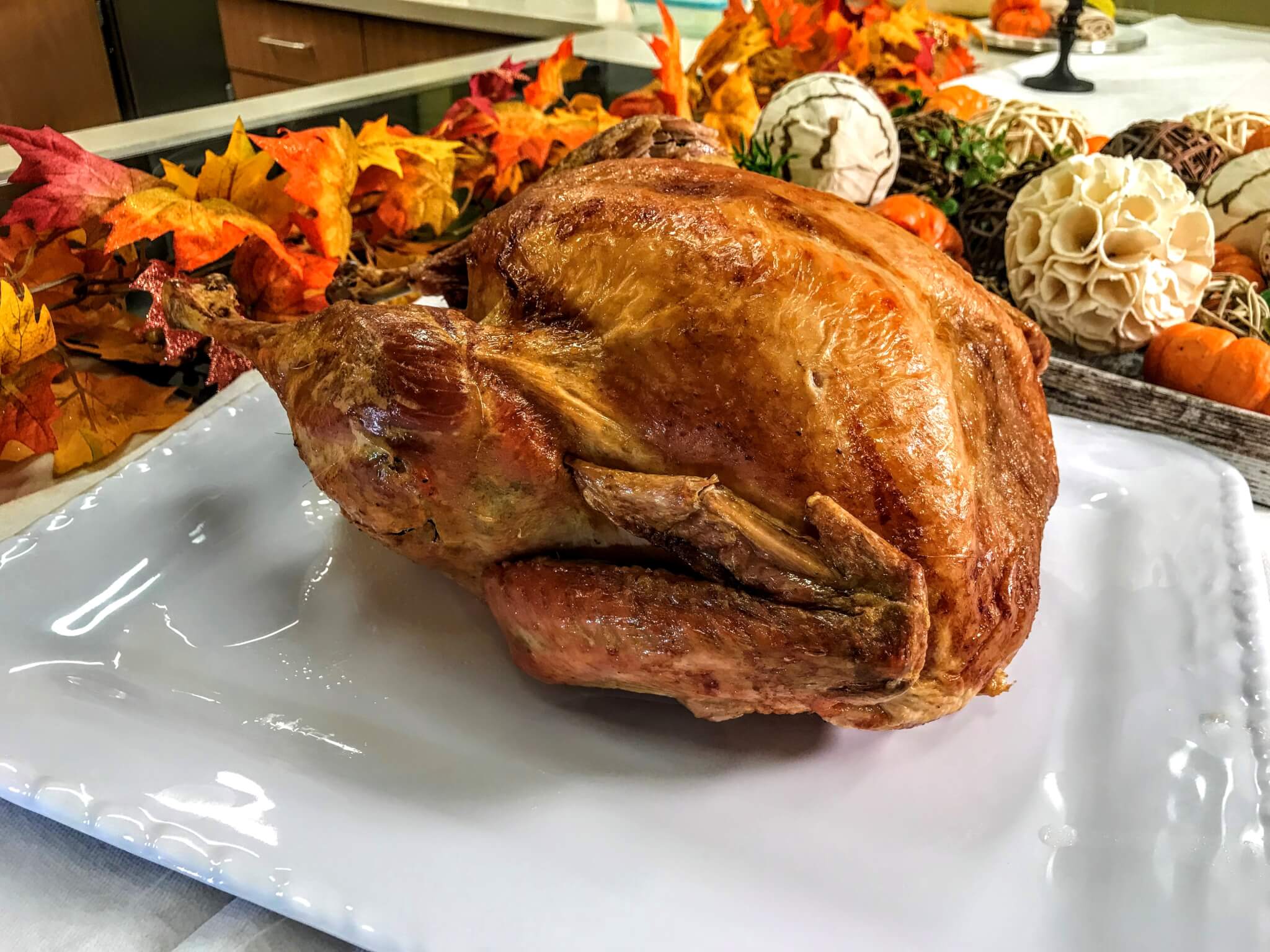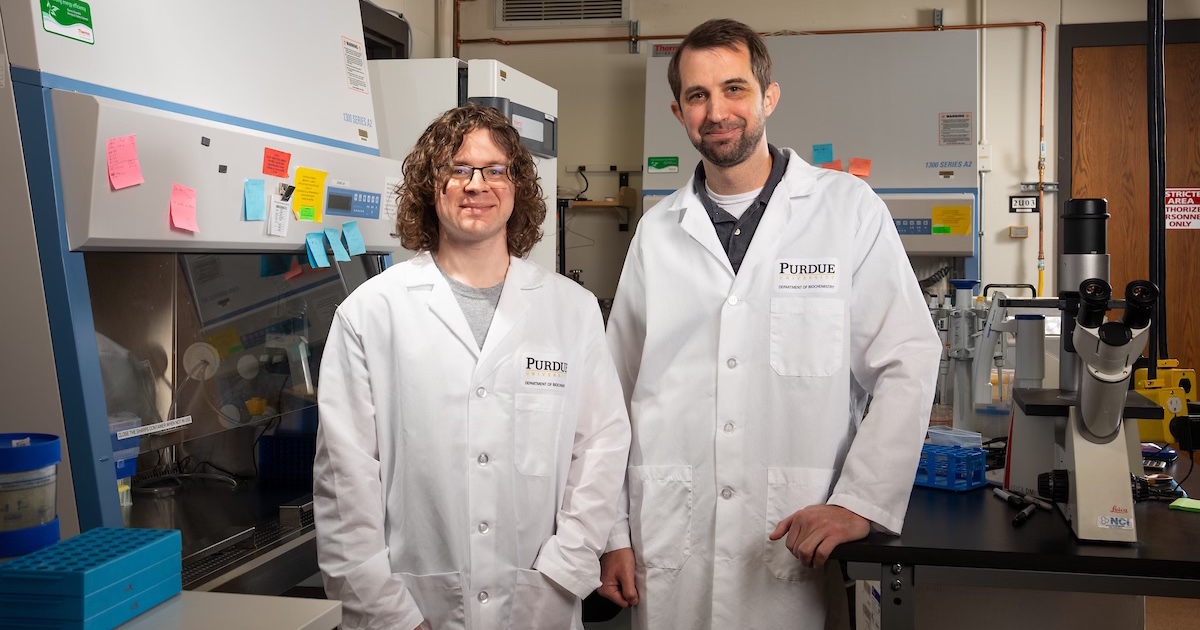Here’s how to safely prepare Thanksgiving dinner
Two years ago three people in California died from a foodborne illness they contracted during a Thanksgiving dinner served at their church. Yaohua “Betty” Feng, professor in the Department of Food Science and food safety expert, said this case was extreme, but emphasizes that every year people are victim to foodborne illnesses around the holidays.
“It’s always a blessing to eat together, but in some cases, it can quickly become a tragedy,” Feng said.
While it’s impossible to remove 100 percent of the risk that comes with cooking and food preparation, Feng said there are some simple rules to follow around the holidays to reduce the chance of foodborne illness.
Feng’s number one tip? When in doubt, wash your hands.
This is especially important when it comes to the handling of poultry and raw meats. Wash your hands before preparations begin and after every time you come into contact with raw meat. Salmonella is the major concern in poultry and hand-washing with hot water and soap goes a long way in helping to prevent its spread.
Also, Feng continued, while it may be tempting to rely on intuition while cooking, it is much safer to use a meat thermometer. Turkey and other poultry should reach an internal temperature of 165 degrees Fahrenheit whereas beef and pork should reach a temperature of 140 degrees Fahrenheit. There are, of course, exceptions . For example, if beef or pork has been mechanically tenderized, it should be cooked to an internal temperature of 160 degrees Fahrenheit.
“They use intrusive methods to inject the marinade and make the meat tender,” Feng explained. “Through that process, bacteria on the surface can be transferred to the inside.”

If cooks are uncertain about internal temperatures and other food preparation guidelines, they can visit the FDA’s website for additional instructions.
Finally, no dish should be left sitting out for more than two hours. After that point, bacteria starts to grow and spread rapidly. The two-hour rule applies not just for meat dishes but all side dishes, even vegetables.
When it comes to vegetables, Feng said, there is a lot of misinformation about food safety.
"Every year there are more fruits and vegetables associated with foodborne illnesses than with meat.” This is because people think that fruits and vegetables can be eaten raw and don’t need to be cleaned. Like meat, they can actually carry bacteria. For that reason, all fruits and vegetables should be washed before food preparation.
Using common sense and erring on the side of caution can help keep families safe from foodborne illness, Feng added. And, in case she hasn’t said it enough, so can frequent handwashing.






